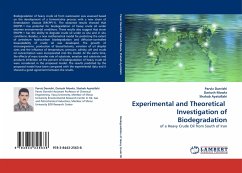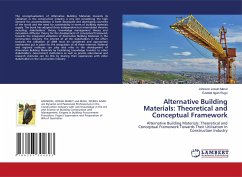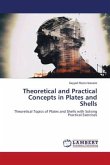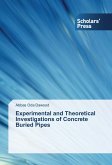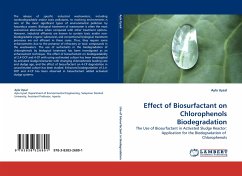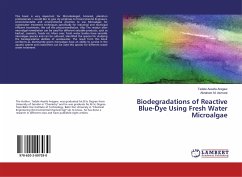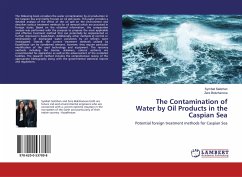Biodegradation of heavy crude oil from wastewater was assessed based on the development of a fermentative process with a new strain of Enterobacter cloacae (ERCPPI-1). The obtained results showed that ERCPPI-1 has potential for biodegradation of heavy crude oil under extreme environmental conditions. These results also suggest that strain ERCPPI-1 has the ability to degrade crude oil under ex situ and in situ conditions. Besides, a new mathematical model for predicting the extent of petroleum hydrocarbon biodegradation and diffusion-controlled bioavailability of crude oil was developed. The growth of microorganisms, production of biosurfactants, variation of oil droplet sizes and the influence of temperature, pressure, salinity, pH and crude oil concentration were incorporated into the model. At the same time, the effects of mass transfer rate of substrate, aeration and substrate and products inhibition on the percent of biodegradation of heavy crude oil were considered in the proposed model. The results predicted by the proposed model have been compared with the experimental data and it showed a good agreement between the results.
Bitte wählen Sie Ihr Anliegen aus.
Rechnungen
Retourenschein anfordern
Bestellstatus
Storno

